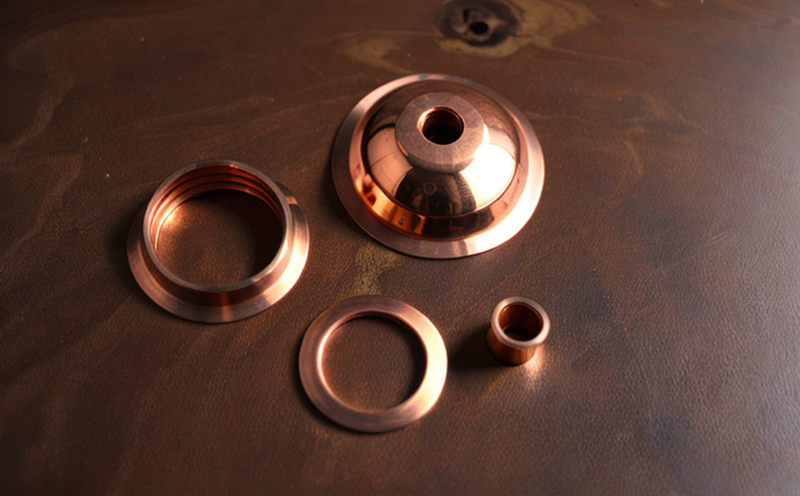MIL-STD-810 Saltwater Immersion Testing
The MIL-STD-810G standard is widely recognized as the premier guideline for environmental testing of military equipment. Among its many procedures, Saltwater Immersion Testing (MIL-STD-810 Method 507.4) evaluates materials and components exposed to saltwater environments. This method assesses the durability, resistance, and performance of materials under simulated seawater conditions.
This testing is crucial for aerospace and aviation industries where materials must withstand harsh environmental conditions. Saltwater immersion tests help ensure that parts designed for use in marine or coastal environments can perform reliably without degradation from salt spray corrosion over time.
The test involves immersing the material in a controlled solution of seawater, which simulates real-world exposure to maritime environments. The testing process is rigorous and includes various parameters such as immersion duration, temperature conditions, and humidity levels. Compliance with this standard ensures that products meet stringent military specifications for reliability and performance.
Our laboratory adheres strictly to the procedures outlined in MIL-STD-810 Method 507.4, ensuring accurate and reliable results. By following these guidelines, we provide assurance that your materials will perform as expected under actual environmental conditions.
Industry Applications
| Application Area | Description |
|---|---|
| Aerospace & Aviation | Testing for parts used in aircraft and spacecraft that will be exposed to saltwater environments. |
| Oceanographic Equipment | Evaluation of instruments designed for use in oceanic research and exploration. |
| Marine Engineering | Assessment of components intended for marine installations like offshore drilling rigs or naval vessels. |
- Aerospace structures such as landing gear, wheel wells, and fasteners.
- Marine equipment including propellers, hull coatings, and underwater sensors.
Customer Impact and Satisfaction
Conducting MIL-STD-810 Saltwater Immersion Testing provides significant benefits for customers by ensuring that their products meet the highest standards of durability and reliability. By participating in this testing process, companies can demonstrate compliance with military specifications while also showcasing a commitment to product quality.
The results from these tests allow manufacturers to identify potential issues early on in the development cycle so they can address them before production begins. This not only enhances overall product performance but also reduces costly rework and recalls later down the line.
Our rigorous testing process helps build trust with customers who rely on us for accurate, consistent results. We pride ourselves on delivering reliable data that supports informed decision-making throughout every stage of your project lifecycle.
Competitive Advantage and Market Impact
- Enhances brand reputation by demonstrating commitment to quality assurance practices.
- Promotes business growth through increased customer confidence in product reliability.
- Supports regulatory compliance ensuring products meet all necessary standards.
MIL-STD-810 Saltwater Immersion Testing is essential for maintaining a competitive edge in highly regulated industries like aerospace and aviation. It ensures that your materials can withstand the toughest environmental challenges, giving you an advantage over competitors who may not have undergone similar rigorous testing protocols.





